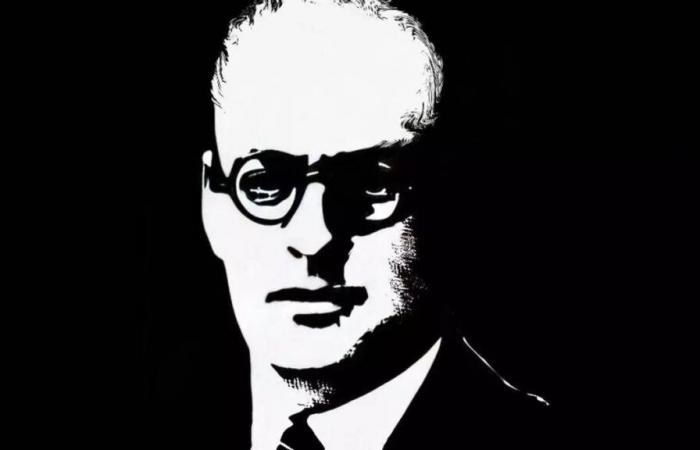As there is an Alexandre Dumas fils and an Alexandre Dumas père, the author of these Epigrammes is Carlos Diaz Dufoo son, whose father, Carlos Diaz Dufoo, was a famous Mexican journalist, playwright and economist (Veracruz 1861-Ciudad de Mexico 1941) and survived the poet (Ciudad de Mexico 1888-1932).
The destiny of this dazzling little book, one of the jewels of this fall, is to be rediscovered by each new generation. Published in Paris in 1927, five years before the author’s death at the age of 44, by his compatriot and friend Alfonso Reyes, whom Borges considered “one of the greatest writers in the Spanish language”, THE Epigrammes by Carlos Diaz Dufoo fils have been passed down for a century from reader to reader and from publisher to publisher, in both hemispheres, like a precious commodity.
The aesthetic of kitsch
Already in 1991, the Spanish novelist Enrique Vila-Matas, inspired by the tragic life of this “genius of Mexican letters”, made him one of the protagonists of his book Exemplary suicides. Very recently, the Andalusian editions Firmamento published a new edition of Epigrammessupplemented by two brilliant essays which we hope to soon see translated into French. The first, published in 1916, Essay on an aesthetics of the corny (“essay on an aesthetic of kitsch”), is a profound reflection on the concept of beauty; the second, published in 1919, Dialogue against literary success (“dialogue against literary success”), is a subtle and funny argument in which we find this arrow with very Swiftian irony: “The overly praised writer is often misinterpreted.”
The life of the gods
Often compared, for his pessimism and his caustic verve, to Oscar Wilde, Nietzsche or even Schopenhauer, this original spirit who remained away from all the temptations of the various avant-gardes and literary fashions, remains unclassifiable and absolute modernity and now has its place among the classics of the 20th century. These epigrams are often a reflection of a being and a time: “He was forbidden a vocation at a time when we had them all. We demanded of him a vocation at a time when we had none.”
And his epitaph reads like an artistic manifesto: “Foreigner, I did not have a glorious name. My ancestors did not fight at Troy. […] My voice did not resonate in the assembly to determine the destiny of the republic, nor in the symposia to create new and subtle worlds. My actions have been obscure and my words insignificant. Imitate me, flee Mnemosyne, enemy of men, and while the leaf falls, you will live the life of the gods.
Narrative. Carlos Diaz Dufoo, Epigrammestranslated from Spanish by Antonio Werli, Allia, 128 pages.






